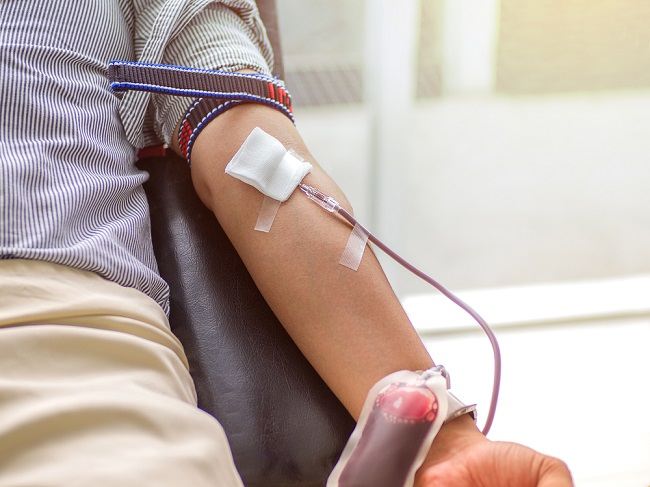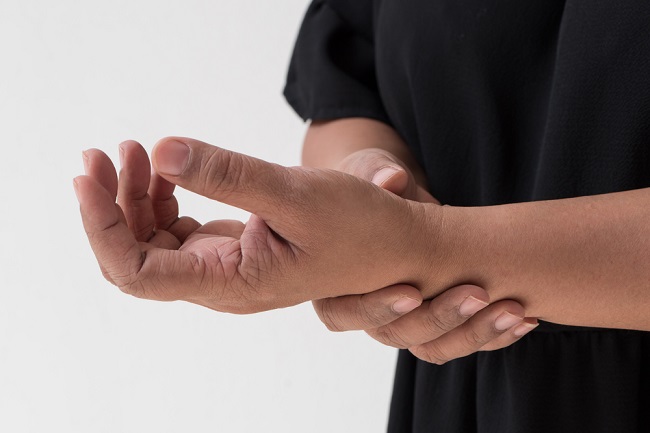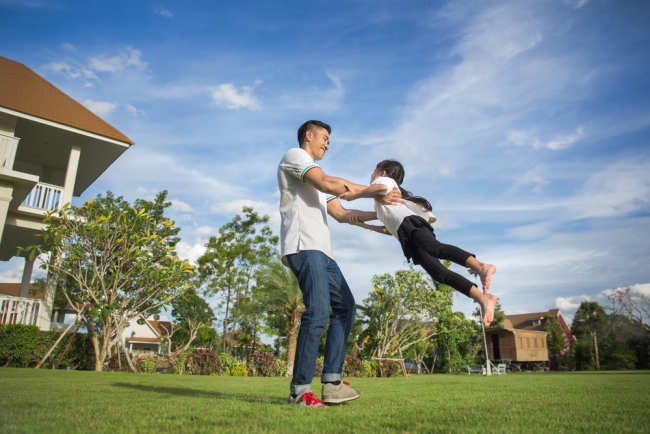Homeschool or sending their children to school at home is often criticized. One thing that is often highlighted is the development of children's socialization skills. Child homeschool considered to have fewer friends than children who study in conventional schools. Is that right?
Today, not a few parents choose to send their children to school at home or homeschool than in conventional schools. Generally, choice homeschool taken because parents judged that the education system in conventional schools was unsatisfactory.

Unlike children who go to school in general, children homeschool spend more time at home with family. This is what is considered a barrier to children's social abilities homeschool to develop.
Child-style socialization Homeschool
A study shows that children homeschool still have good social skills. This is assessed from the child's behavior, the values of dignity he holds, and the motivation needed to play an active role as a member of society.
In fact, from this research, children's socialization experiences homeschool considered more than adequate. On the other hand, research shows that studying in conventional schools does not necessarily guarantee that a child will have good socialization skills.
The formation of good socialization skills is supported by the development of positive behaviors, such as respect for different opinions, a sense of responsibility, the ability to control oneself, and good cooperation. It can be formed through many methods, including the homeschool.
Still based on research, there is a possibility homeschool more beneficial in the development of social skills than conventional schools. This is based on the fact that most children homeschool:
- Experience higher quality friendships in childhood
- Tend to have fewer problems or behavior disorders during adolescence
- More open to new experiences at university
- More involved in community activities as an adult
On the other hand, homeschool can also be a solution for children who often experience bullying (bullying) at school, so that children can be free from peer pressure from social groups that may make them uncomfortable.
However, what is very important to note is the role of parents in teaching socialization to children homeschool. Compared to classroom teachers, parents can be better agents of socialization for children because parents will know better what children really need.
According to a study, children's social skills homeschool generally develop in moments that are spontaneous or unplanned. Parents as the main socialization agents for children at home can anticipate this by making the communication atmosphere at home always responsive and supportive.
Homeschooling Children's Social Activities
Even if you don't meet friends at school, there are ways you can make your child homeschool remain active in socializing, including:
1. Doing useful activities
Child homeschool can get the experience of socializing by interacting directly with the object or environment that is being studied, such as museums, public libraries, or the beach. Children can also volunteer in certain communities according to the task or field they are studying.
2. Make use of the internet
Internet can support children's socialization skills homeschool. Children can still interact with their friends through electronic mail, short messages, video calls, and social media. However, the assistance of parents and teachers homeschool in this case it is very necessary so that children are not exposed to negative things on the internet.
3. Create study groups
You and other parents who apply homeschool can create study groups for children, so that children can play and learn together. Discuss with other parents to make dance classes, swimming, or various outdoor activities.
4. Join various communities
To increase children's interactions with other people or the surrounding community, children homeschool You can also join local communities, such as choirs, religious activities, or sports groups such as football clubs.
Contrary to popular belief, homeschool does not necessarily have a negative impact on children's socialization skills. But before choosing homeschool For children, it's a good idea for parents to carefully consider the readiness of the child and themselves to undergo homeschool.
If the child is old enough, involve him before making a decision. Besides, apart from homeschool or conventional schools, remember that parents still play an important role in educating children.
In order to monitor the psychological condition of the child during the treatment homeschoolYou can take advantage of the child psychology consultation service facility with a psychologist.









